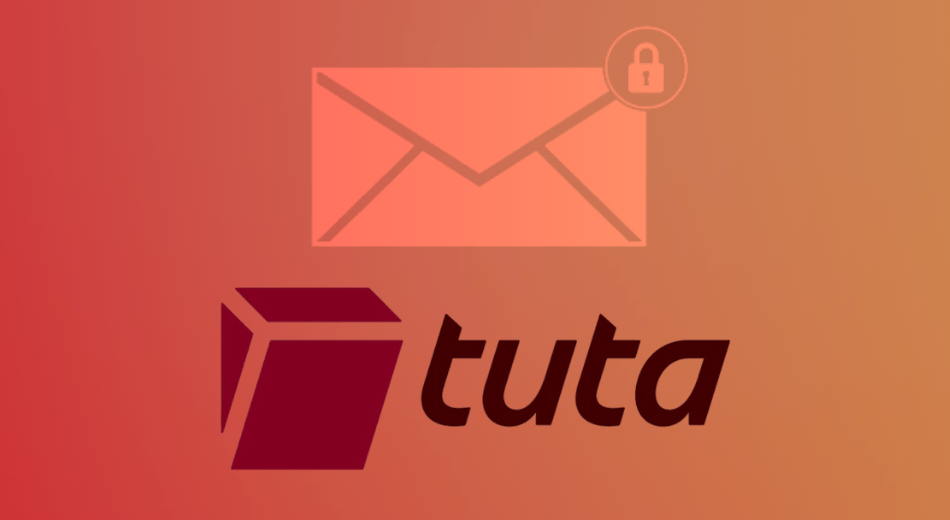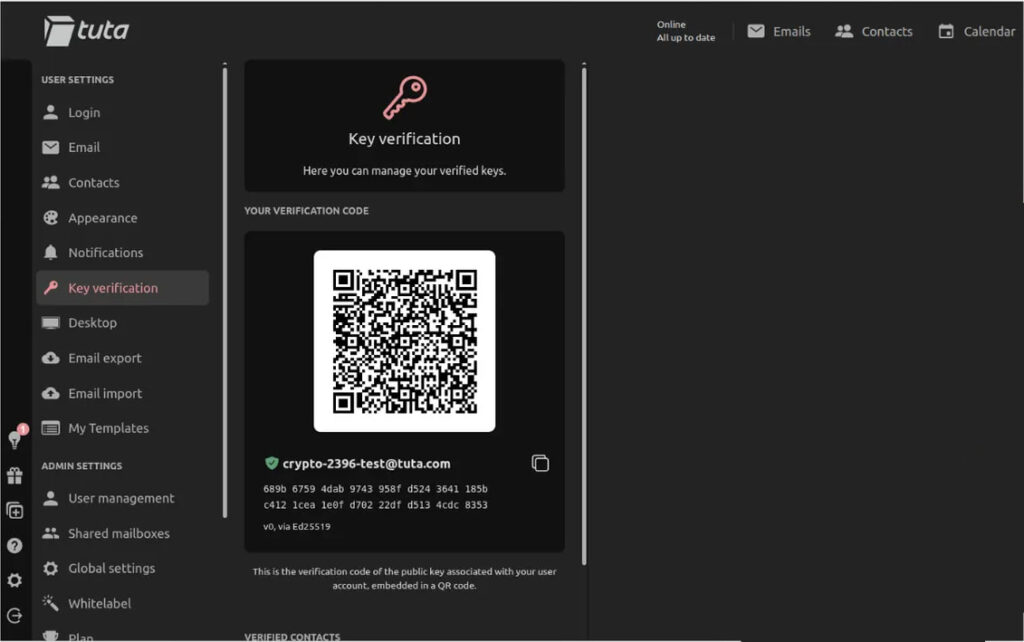
Tuta, the privacy-focused encrypted email and calendar provider formerly known as Tutanota, has introduced a key verification feature designed to mitigate the risk of man-in-the-middle attacks and improve user trust in secure communications.
The new feature enhances the platform’s already-strong security model by allowing users to manually verify the public encryption keys of their contacts. While Tuta has always supported automatic end-to-end encryption through asymmetric cryptography, this update provides users with an added layer of control, enabling stronger authentication of communication partners.
Mitigating MITM risks
Key verification addresses a longstanding risk in encrypted communication systems, which is the possibility of a malicious actor inserting their own key in place of a legitimate recipient’s. In such an attack, known as a man-in-the-middle (MITM), the adversary could intercept and decrypt messages, potentially without either party realizing it.
Tuta's new verification system allows users to confirm the authenticity of a recipient's public key either by scanning a QR code generated by the Tuta app or manually comparing a verification code tied to an email address with the one displayed in the recipient’s Key Verification settings.

This process is ideally performed in person or over a trusted communication channel, as it provides cryptographic assurance that a given public key truly belongs to the intended recipient. Once verified, Tuta’s client stores the key and automatically checks for consistency in future exchanges, ensuring the verified identity is maintained across sessions.
For users who do not wish to verify keys manually, Tuta continues to support the TOFU (Trust On First Use) model. With TOFU, the first time a user receives a message from a new contact, Tuta stores that contact’s public key locally and assumes it is valid. If the key later changes, potentially indicating a compromise, the platform alerts the user to the discrepancy.
While TOFU provides a seamless default for most users, manual key verification is now available for those who require a higher level of assurance, such as journalists, activists, or organizations dealing with sensitive communications.
Tuta is a German-based company offering encrypted communication services that prioritize privacy, transparency, and open-source development. With growing concerns over surveillance and data interception, particularly from state-level actors, Tuta has positioned itself as a robust alternative to mainstream email providers. Earlier this year, the company rolled out quantum-resistant encryption algorithms, aiming to future-proof its encryption scheme against the anticipated capabilities of quantum computing.







Leave a Reply